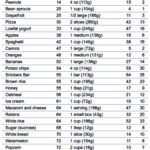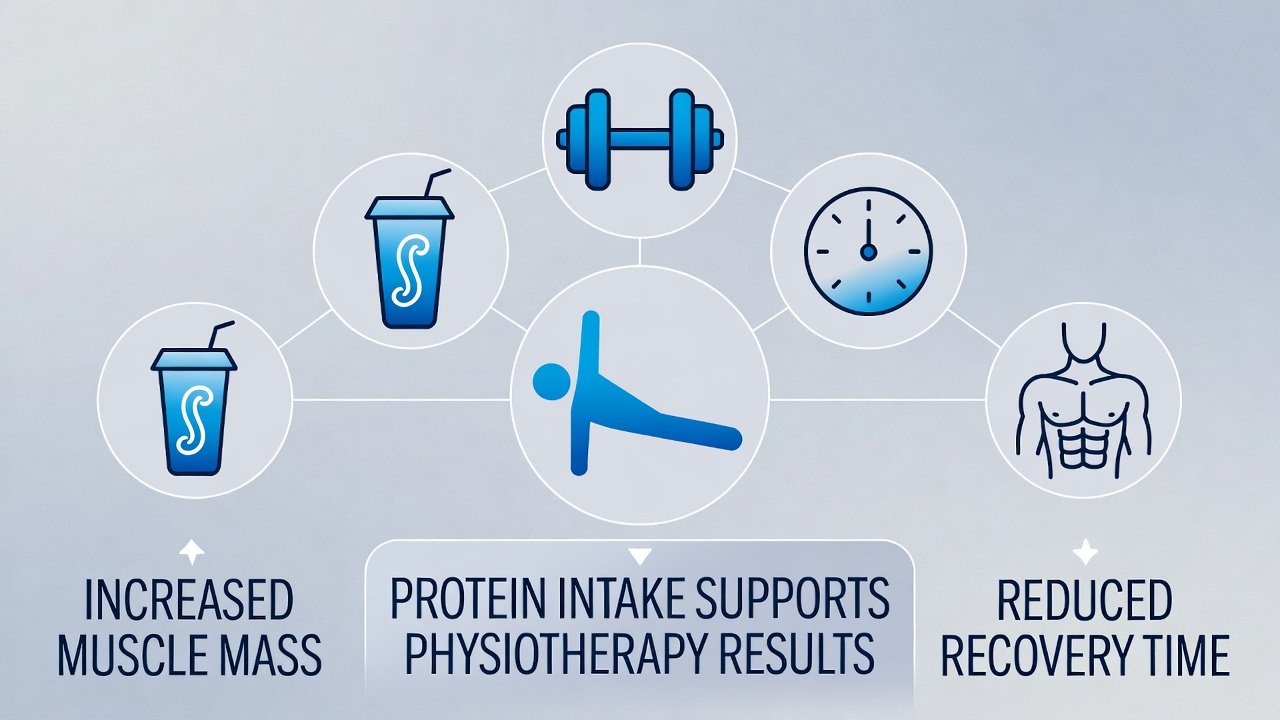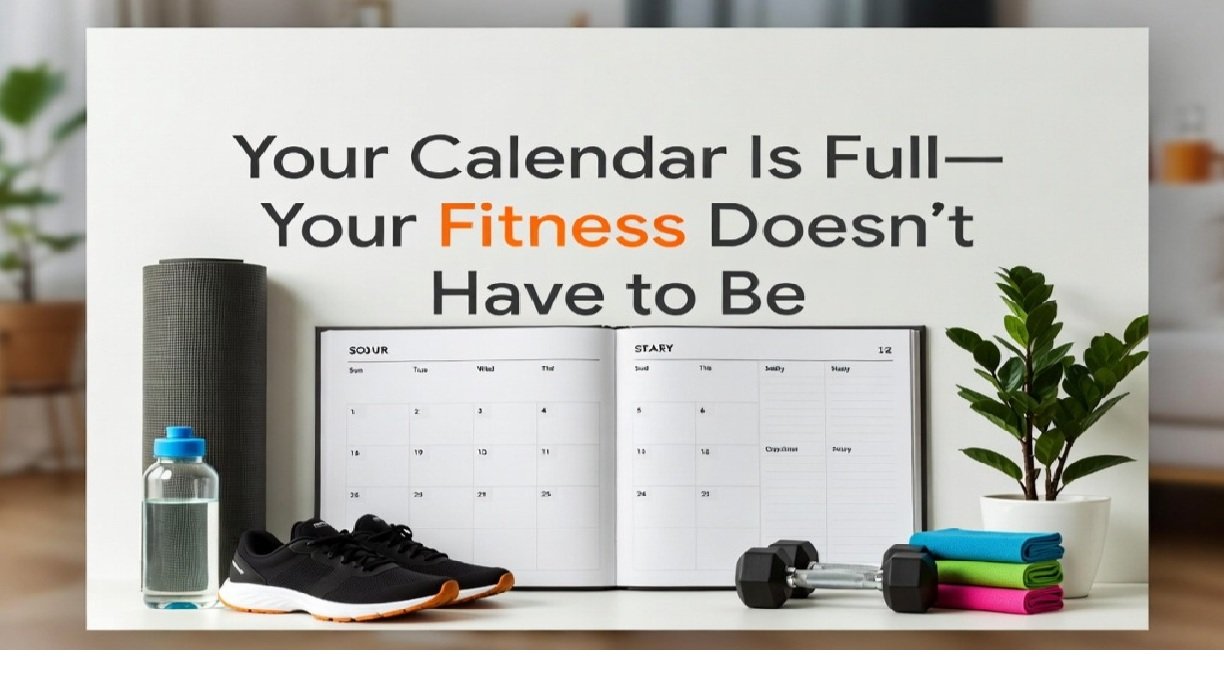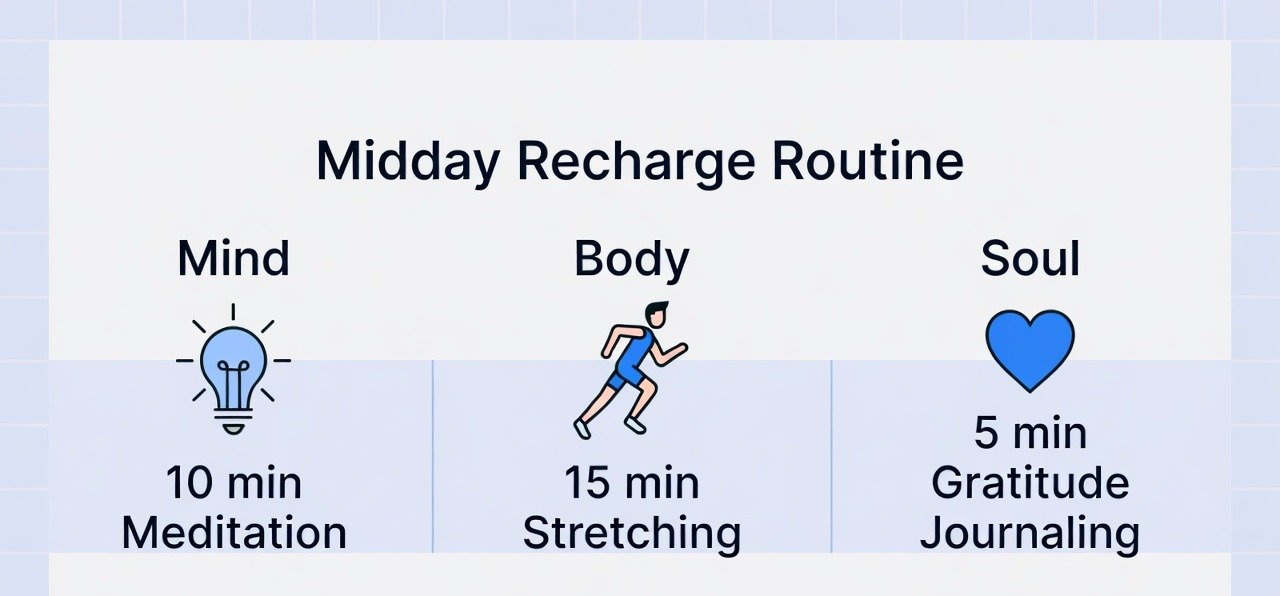In 1919, Dr. Lulu Hunt Peters wrote the book Diet and Health. In it she presented the concept of counting calories. A calorie is a measurement of energy (much like the BTU used to rate furnaces). In nutrition, it is the amount of heat required to raise the temperature of one liter of water one degree centigrade. A pound of fat contains 3,500 calories. Dr. Peters suggested a diet of 1,200 calories per day for weight loss and 15 calories per pound per day for weight maintenance.
Ever since then, we have been trying to lose weight by reducing calories (or fat grams, or carbohydrates). The problem with that is the fact that your fat cells produce a hormone, called leptin. Leptin, from your fat cells circulates in the blood and is perceived by the brain. If you reduce calories and lose weight too quickly, the amount of leptin drastically decreases, and your brain perceives that as starvation. So, dieting can actually make you fatter.
Did you ever go on a diet and have perfect control, lose weight and feel great? After a bit of time, did you find that you “fell off the wagon”, and even reasonable self-control seemed impossible? It was not due to a lack of will power, it was a survival mechanism. The drop in leptin told your brain that the body was starving. Physiologically, your body felt that its very survival was threatened. If food was present, you probably ate it. This is why people rebound and gain weight after a diet.
You can still lose weight, but you must do it slowly and without denying yourself food. Actually, if you really want to lose weight, what you eat, how you eat and when you eat are much more important than how much you eat. You want to naturally control your appetite and gradually lose the weight.
Limiting the amount of FOOD, you allow yourself (without triggering “rebound”):
Your largest meal should be breakfast and it should contain protein. Lunch should be your second largest meal and dinner should be your smallest meal. This eating pattern will help you to produce a hormone called glucagon, which works to provide calories by breaking down fat.
Avoid additives, hydrogenated oils, and artificial sweeteners. Artificial additives, processed foods and food not found in nature actually triggers a signal in your brain to cause overeating.
Avoid white refined sugar, high fructose corn syrup and refined grains. Sugar and empty starch cause you to produce insulin. Insulin works to store calories. Furthermore, eating sugar and starch will lead to craving more sugar and starch later.
Eat slowly. Put your fork down between bites and chew your food until it is liquid. Eating slowly will not only improve your digestion, it will allow you to be satisfied with less food.
Control stress. Stress causes you to hold on to weight and to crave high-calorie foods.
Exercise, but not too hard. Heavy workouts make you produce hormones that are related to stress. Light workouts burn some calories and can actually help to reduce stress.
Taking the right kind of fat can actually help you to lose weight. Omega-3 fatty acids, like those found in fish oil, can help reduce inflammation, improve your endocrine function, and help end food cravings. Consuming certain fats and oils can actually cause you to be satisfied with less food.
Detox and lose weight. It turns out that chemicals and toxins may cause weight gain. An article appearing in The Lancet (Vol. 371, Issue 9609, 26 January 2008, Pages 287-288) indicates that there may be a connection between persistent organic pollutants (POPs) and insulin resistance. Insulin resistance, if left unchecked, can lead to type-2 diabetes. POPs include chemicals like pesticides (e.g. dieldrin, DDT, toxaphene, and chlordane) and several industrial chemicals like polychlorinated biphenyls (PCBs), dioxins, and furans. The authors cite research that shows a strong relationship between type-2 diabetes and the level of POPs in the blood.
Please review our business at: Google Yelp Facebook
If you’d like to learn more, please visit our Member’s Area to access our subscribed content.
Did you know you can work out and exercise with a trainer at your home, office, hotel room, or anywhere in the world with online personal training?
Like us on Facebook/Connect with us on LinkedIn/Follow us on Twitter
Pinterest/Instagram/YouTube
Make sure to forward this to friends and followers!
Your Cart
No products in the cart.
Book an Appointment
Your life is waiting. Fast, long-lasting relief is nearby.






